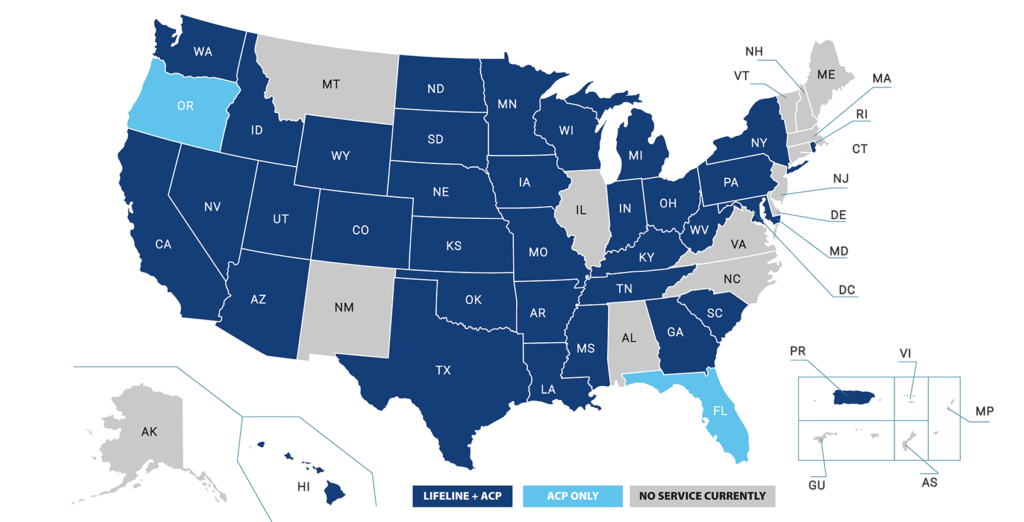As our world becomes more and more interconnected, the importance of network security cannot be overstated. With the vast amounts of data being transmitted and stored online, the risk of cyber attacks and data breaches is constantly increasing. It is no longer a question of if, but when, a company or individual will be targeted by cyber criminals. That’s why it’s crucial to prioritize network security and take measures to protect sensitive information.
Network security is not just important for businesses, but for individuals as well. With the rise of remote work and online communication, personal information is more vulnerable than ever before. Cyber criminals can gain access to personal data, such as bank account information, social security numbers, and credit card details, and use it for fraudulent purposes. By implementing strong network security measures, individuals can protect themselves and their sensitive information from these threats. In short, network security is essential for both businesses and individuals to ensure the protection of valuable data and maintain the integrity of online communication.
Network security is important because it helps protect key information and systems from malicious attacks. It helps secure confidential information such as financial data, customer information, intellectual property, and other sensitive data. Network security also helps protect against identity theft, online scams, and other cyber threats. It ensures that only authorized personnel can access sensitive information and that data is transmitted securely and safely.

What is Network Security?
Network security is the process of protecting networks and data from unauthorized access, theft or damage. It includes measures taken to protect sensitive information, such as passwords and other confidential data, from malicious attacks. Network security also involves protecting the physical infrastructure of networks, such as routers, switches, and servers, from malicious activity.
Why is Network Security Important?
Network security is important for a variety of reasons. It ensures that only authorized users can access the network and its resources. It also helps protect the data stored on the network from theft or corruption, as well as from malicious attacks. Additionally, network security helps protect the physical infrastructure of the network, ensuring that it remains secure and reliable.
Protects Sensitive Data
Network security helps protect sensitive data stored on the network, such as passwords and other confidential information. It prevents unauthorized users from accessing this data, as well as prevents malicious attackers from stealing or corrupting it. Network security also helps protect against data breaches, which can lead to financial losses, reputational damage, and legal action.
Network security also helps protect against data loss. Data loss can occur due to hardware failure, software defects, or malicious attacks. Network security helps to prevent these types of incidents by monitoring the network for suspicious activity and taking measures to protect the data stored on it.
Protects Physical Infrastructure
Network security also helps protect the physical infrastructure of the network, such as the routers, switches, and servers. It helps to ensure that the hardware remains secure and reliable. Network security also helps protect against malicious attacks, such as malicious code, denial of service attacks, and other malicious activities. Additionally, network security helps protect against unauthorized access to the network, ensuring that only authorized users can access the network and its resources.
Network security also helps protect against data breaches. Data breaches can lead to reputational damage, financial losses, and legal action. Network security helps to prevent data breaches by monitoring the network for suspicious activity and taking measures to protect the data stored on it.
Ensures Reliability
Network security helps to ensure the reliability of the network. It helps to ensure that the network is secure and reliable, and is not subject to malicious attacks or other security threats. Network security also helps to ensure that the network is available and reliable, even during times of high traffic or network congestion. Additionally, network security helps to ensure that the network is resilient and can quickly recover from outages or malicious attacks.
Network security also helps to ensure that the network is secure and reliable, even during times of high traffic or network congestion. It helps to protect against malicious attacks, data breaches, and other security threats. Additionally, network security helps to ensure that the network is available and reliable, and can quickly recover from outages or malicious attacks.
Frequently Asked Questions
Network security is an important part of any online activity. It safeguards the privacy, integrity and availability of the data stored on a computer network. Network security is important for protecting a variety of data, including personal information, confidential business information and financial information.
What is network security?
Network security is the process of protecting a computer network from unauthorized access, misuse, and disruption. It involves the implementation of various security measures, such as encryption, firewalls, and anti-virus programs, to protect the data stored on the network. Network security is important for protecting a variety of data, including personal information, confidential business information and financial information.
Why is network security important?
Network security is important for several reasons. First, it ensures the privacy of data stored on a computer network. Without network security, it is possible for unauthorized users to access private data, which can lead to identity theft and other security risks. Additionally, network security helps to protect against malicious attacks, such as viruses and malware. These attacks can cause data loss, system downtime, and other security issues. Finally, network security helps to protect the availability of data stored on the network. Without proper security measures, malicious users may be able to disrupt the availability of data, resulting in a loss of productivity.
What are the benefits of network security?
The benefits of network security are numerous. Network security helps to protect the privacy of data stored on a computer network. It also helps to protect against malicious attacks, such as viruses and malware. Additionally, network security helps to ensure the availability of data stored on the network. Finally, network security helps to protect against unauthorized access, misuse, and disruption.
What types of security measures are used in network security?
There are several security measures used in network security. These include encryption, firewalls, and anti-virus programs. Encryption is a process that encodes data to make it unreadable to unauthorized users. Firewalls are systems that block unauthorized access to a network. Anti-virus programs detect and remove malicious software from a computer system. Additionally, organizations may employ a variety of other security measures, such as user authentication, access control lists, and intrusion detection systems.
How can I improve my network security?
There are several steps that organizations can take to improve their network security. First, organizations should ensure that all security measures are up to date and properly configured. This includes ensuring that encryption, firewalls, and anti-virus programs are enabled and regularly updated. Additionally, organizations should use strong passwords and access control lists to limit access to sensitive data. Finally, organizations should regularly audit their security systems to ensure that all security measures are functioning properly.
In conclusion, network security is crucial for protecting sensitive information and ensuring the smooth operation of businesses and organizations. With the rise of cyberattacks and data breaches, investing in network security measures has become essential to prevent unauthorized access, theft, and destruction of valuable data. By implementing strong passwords, firewalls, encryption, and other security protocols, businesses can safeguard their networks and data from various cyber threats.
Moreover, network security is not just a technical issue but a critical aspect of overall business strategy. Failing to prioritize network security can result in significant financial losses, damage to reputation, and legal consequences. Therefore, organizations must make network security a top priority and regularly update their security systems to stay ahead of emerging threats. Ultimately, investing in network security is an investment in the future of the business, its customers, and stakeholders.



